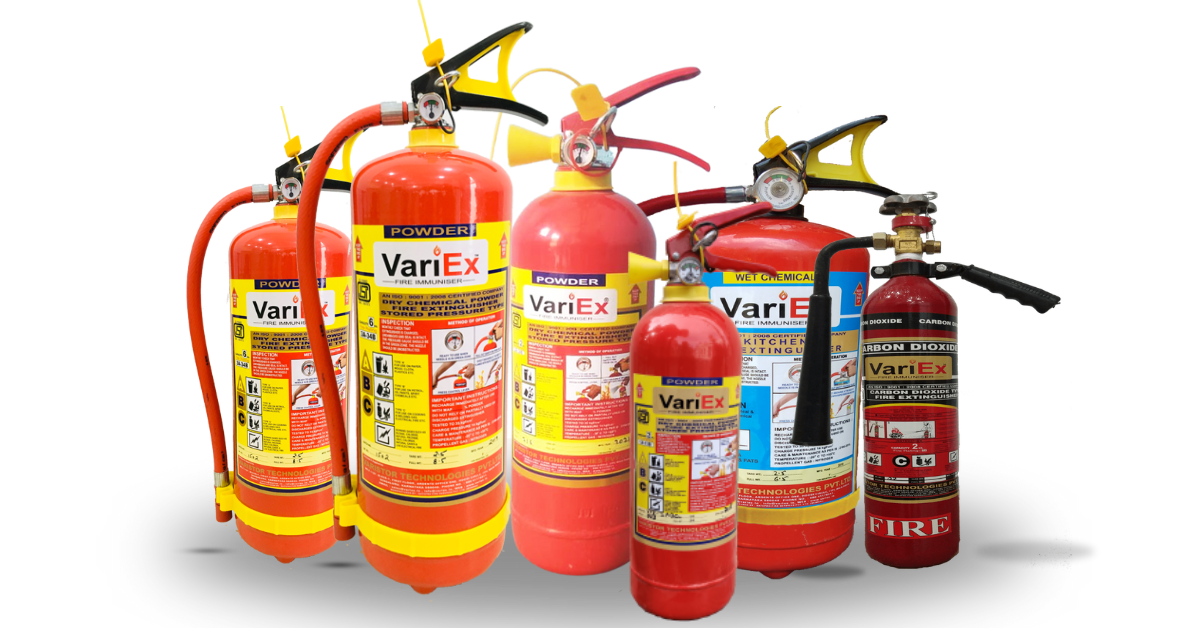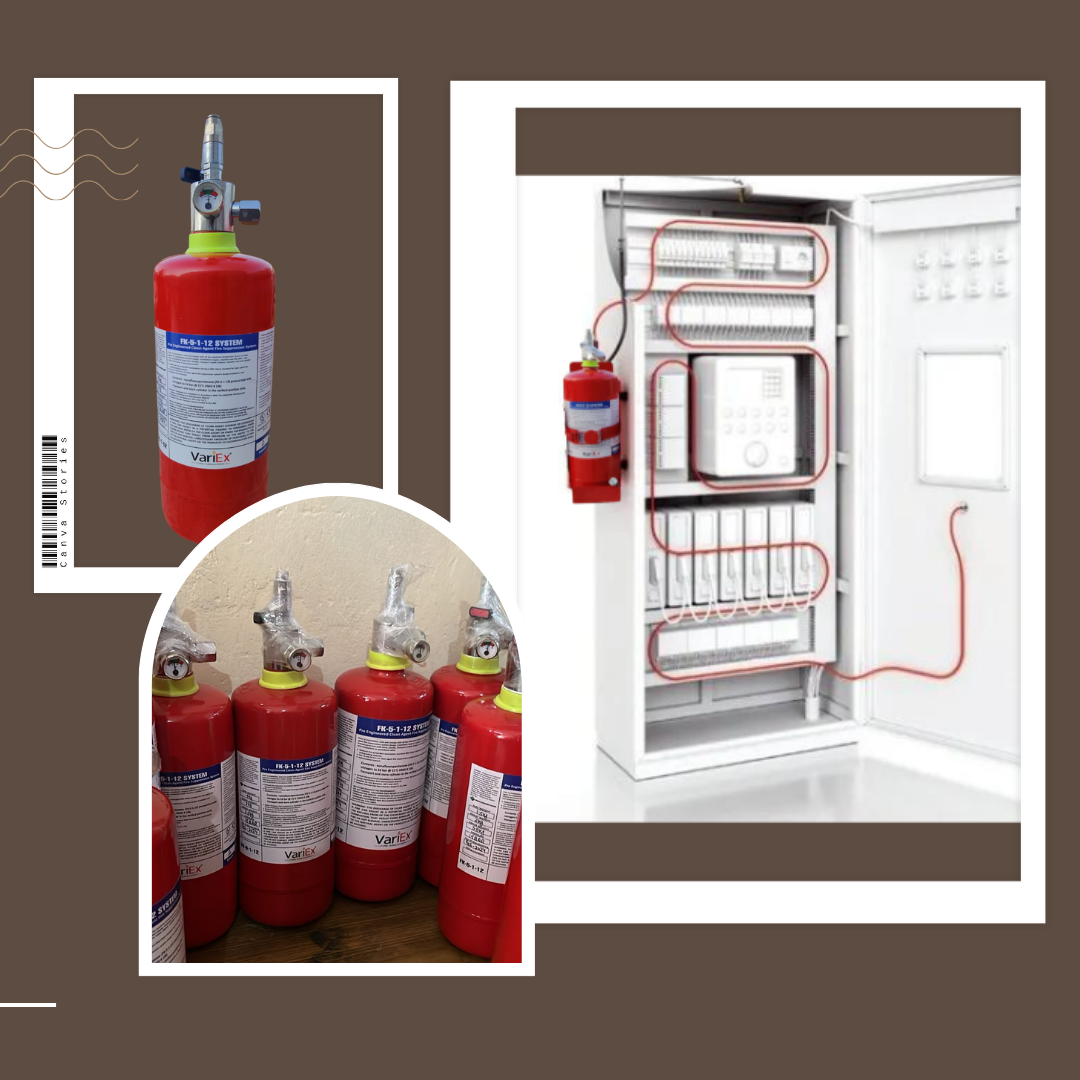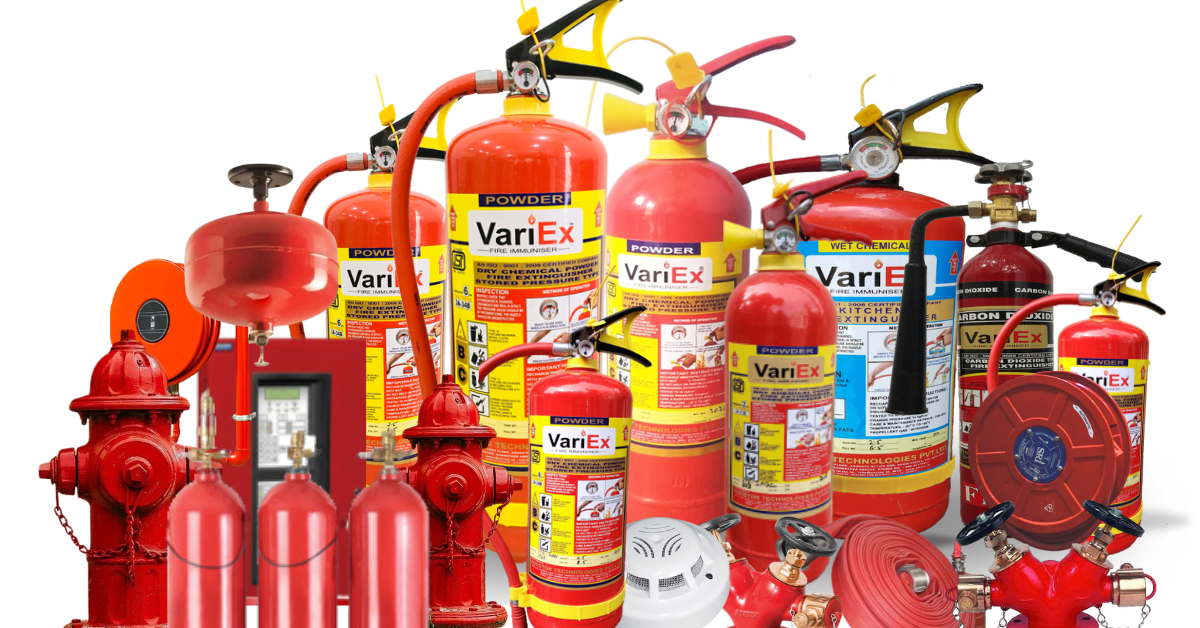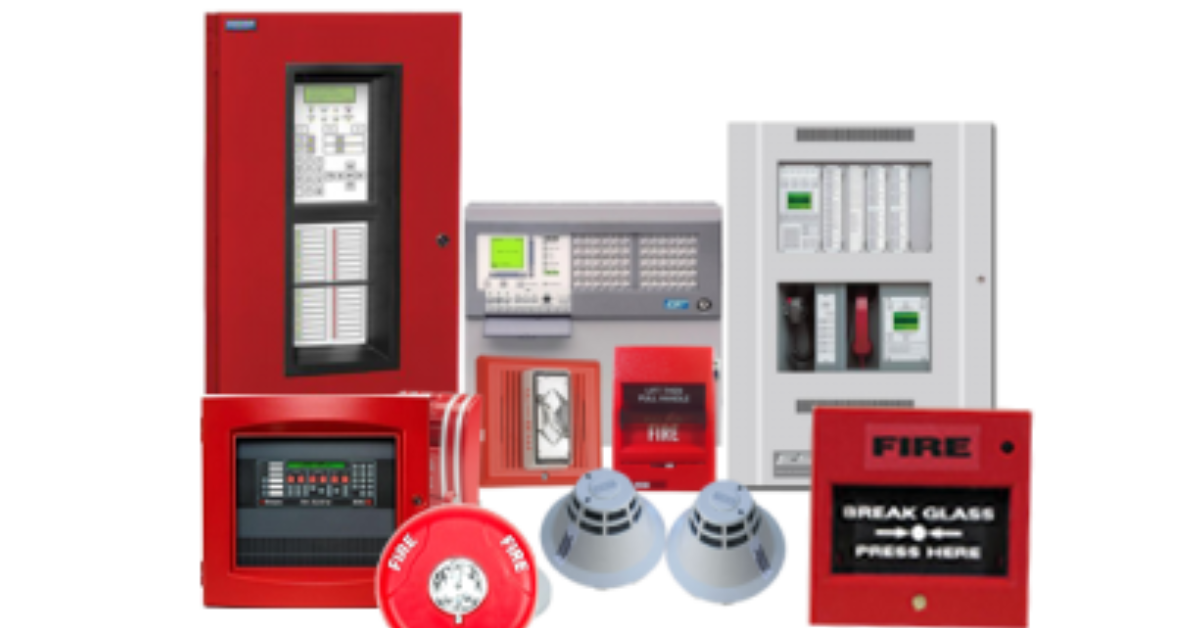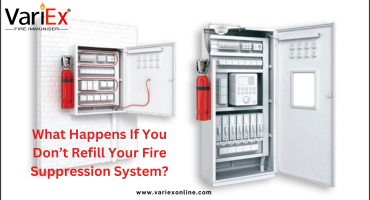![]()
Fire Immuniser
+91-7829629111
Email: info@variex.in
Varistor Technologies Pvt. Ltd.
Block-1, First Floor, Ardente Office One, Hoodi Circle, ITPL Main Road, Bengaluru, Karnataka 560048, IN
What Are The Different Types Of Fire Alarm Systems
What Are The Different Types Of Fire Alarm Systems
Fire alarm systems are crucial components of any commercial or residential premises. Their primary function is to protect lives and property by alerting the occupants and local firefighting authorities in case of any fire incidents. Due to the diverse range of premises requiring protection, there are several types of fire alarm systems available in the market. Each model exhibits unique features, capabilities, and mechanisms to detect potential fire threats. In this article, we will explore and understand the different types of fire alarm systems.
The Role of Fire Alarm Systems
Before we delve into the types of fire alarm systems, it is necessary to understand their role within a building. Fire alarm systems are vital for early detection of fire outbreaks and can prevent the unnecessary loss of lives, properties, and assets. Technologically advanced alarms incorporate modern features such as smoke and heat detectors, monitors for carbon monoxide, and other sensors to provide early warnings of a potential fire. Some systems can even provide precise location information to aid firefighting efforts. Besides, fire alarm systems also play a pivotal role during evacuation processes by sounding alarms to alert occupants of impending danger.
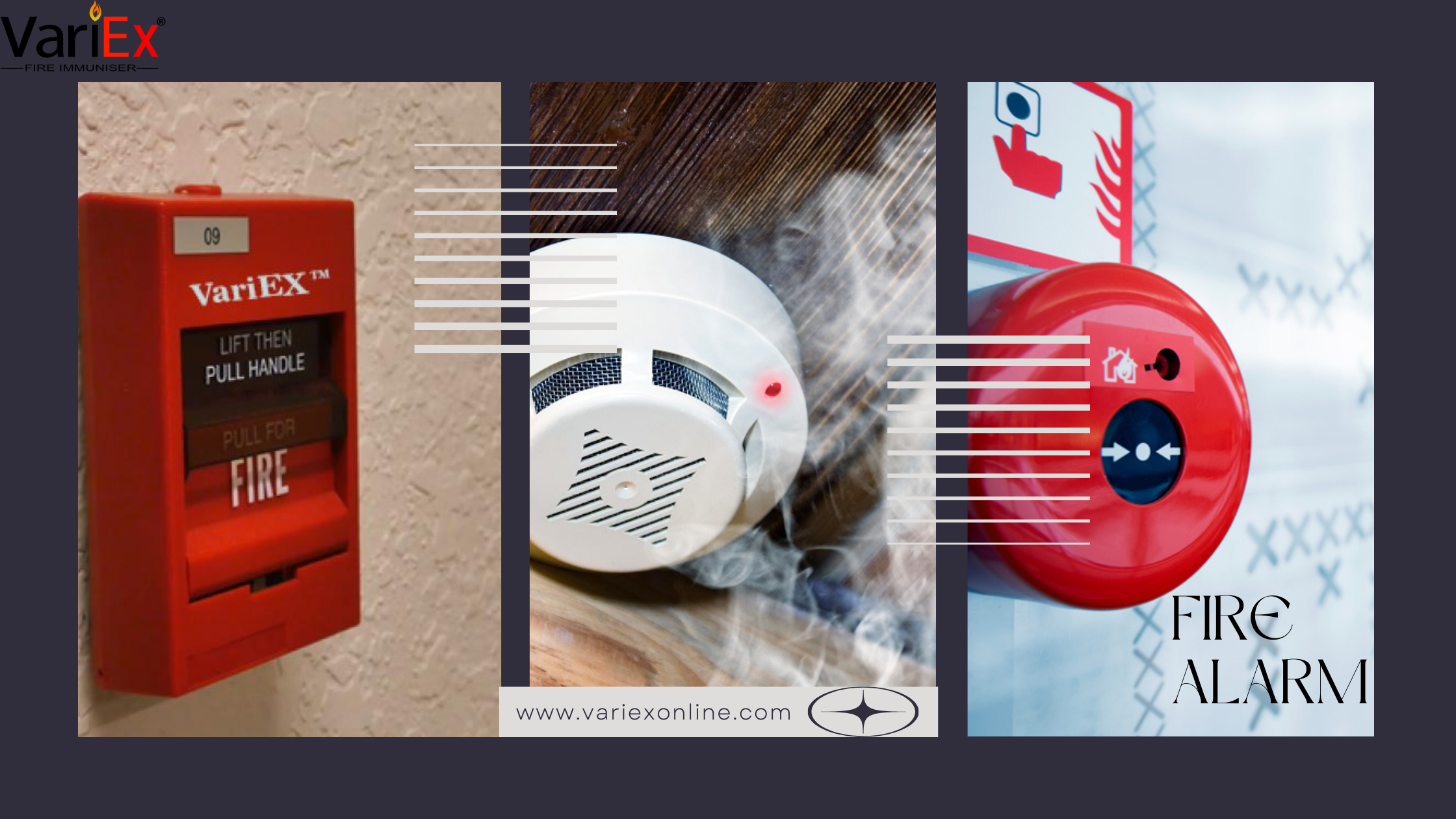 Conventional Fire Alarm Systems
Conventional Fire Alarm Systems
Conventional fire alarm systems, also known as four-wire fire alarm systems, are traditional or standard types. They are ideal for smaller buildings such as individual shops or restaurants. These systems divide the premises into zones, each equipped with fire detection units. When a detector in one zone gets activated, the fire alarm control panel will indicate the zone but not the exact location of the fire. While these systems are cost-effective and simple to install, they may not provide precise location information, making them less effective for larger buildings.
Addressable Fire Alarm Systems
In contrast to conventional fire alarm systems, addressable fire alarm systems, or intelligent fire alarm systems, are capable of identifying the exact location of the fire. Each device connected to these systems has a unique address, and when triggered, the system can identify the exact device and hence the exact location. This sophisticated level of information aids firefighters in quickly tackling the fire effectively. Addressable systems are ideally suited for larger buildings as they offer more precision and control.
Wireless Fire Alarm Systems
Wireless fire alarm systems, or radio alarm systems, are a modern and technologically advanced alternative. They operate using secure, license-free radio communications to interconnect the sensors and devices with the controllers. Wireless systems are known for their flexibility in installation and operation, reducing the need for heavy wiring and structural changes in the building. This feature makes them well-suited for listed buildings or premises where minimal disruption during installation is essential.
Hybrid Fire Alarm Systems
Hybrid fire alarm systems are a culmination of wired and wireless systems. They are flexible and can meet the complexities of protecting sizable properties by allowing the linking of several systems together. A major advantage is their ability to be scaled up or down based on the building's requirements. Hybrid systems leverage the advantages of both their wired and wireless counterparts, making them a popular choice in many scenarios.
Analogue-Addressable Fire Alarm Systems
With features of standard addressable systems, Analogue-Addressable Fire Alarm Systems take it a step further by analyzing the data derived from the detectors rather than simply indicating a fire's location. This analysis helps these systems distinguish between false alarms and actual risks, hence reducing the frequency of false alerts. They are ideal for larger premises with a high density of people and assets.
Choosing the Right Fire Alarm System
The selection of a fire alarm system should revolve around the specific needs and characteristics of your premises. Factors to consider include the size of the building, its layout, and the nature of work or activities conducted within the premises. Other determinants include the speed of detection required, the potential impact of false alarms, installation complexity, and the overall budget.
Conclusion
Installing a fire alarm system is a necessity for every building, irrespective of its nature. With various fire alarm systems on offer, choosing one that best suits your needs is of paramount importance. Understanding the different types, their benefits, and features is the first step towards making an informed decision. Always consider consulting a fire safety professional to assess your premises and provide tailored advice about the most appropriate fire alarm system.
Explore our products Range
Final Say
At VariEx.in and VariexOnline.com, we specialize in supplying and installing top-quality fire fighting systems and equipment. From fire extinguishers to advanced suppression systems, we offer comprehensive solutions tailored to your needs. Our experienced team ensures precise installation and maintenance for optimal safety.
Trust VariEx for reliable fire protection. Contact us online or call 7829629111 to learn more.
"WHAT YOU CAN READ NEXT"
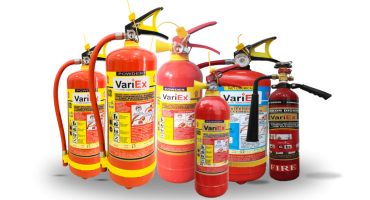 Read more +24 November 2023 in Fire Extinguisher
Read more +24 November 2023 in Fire ExtinguisherWhat types of fire extinguishers are available for different fire classes?
 Read more +11 April 2025 in Fire Suppression
Read more +11 April 2025 in Fire Suppression




